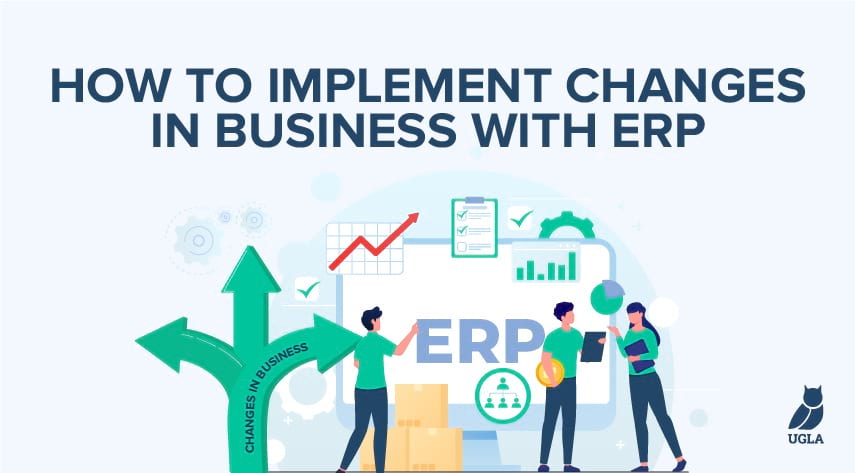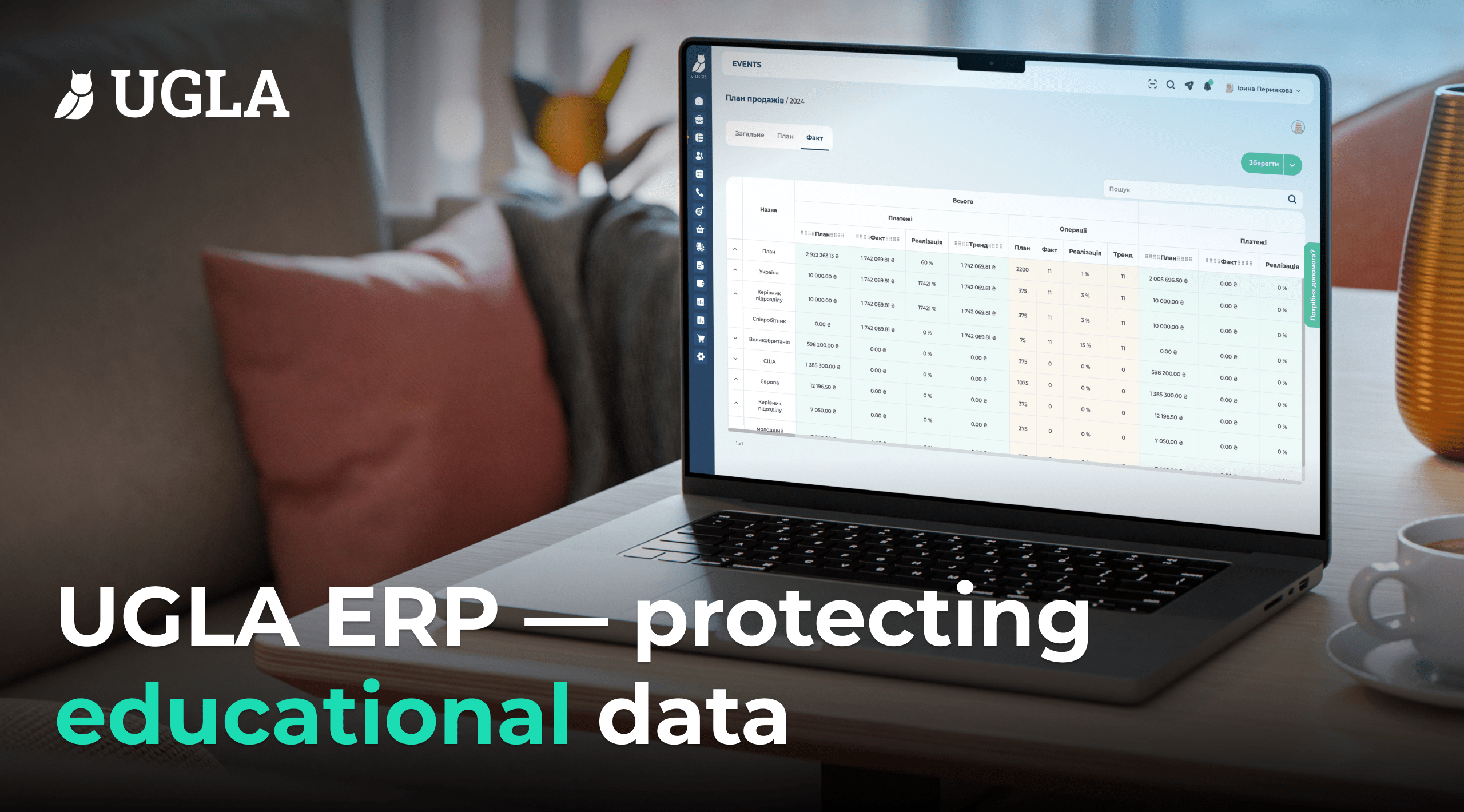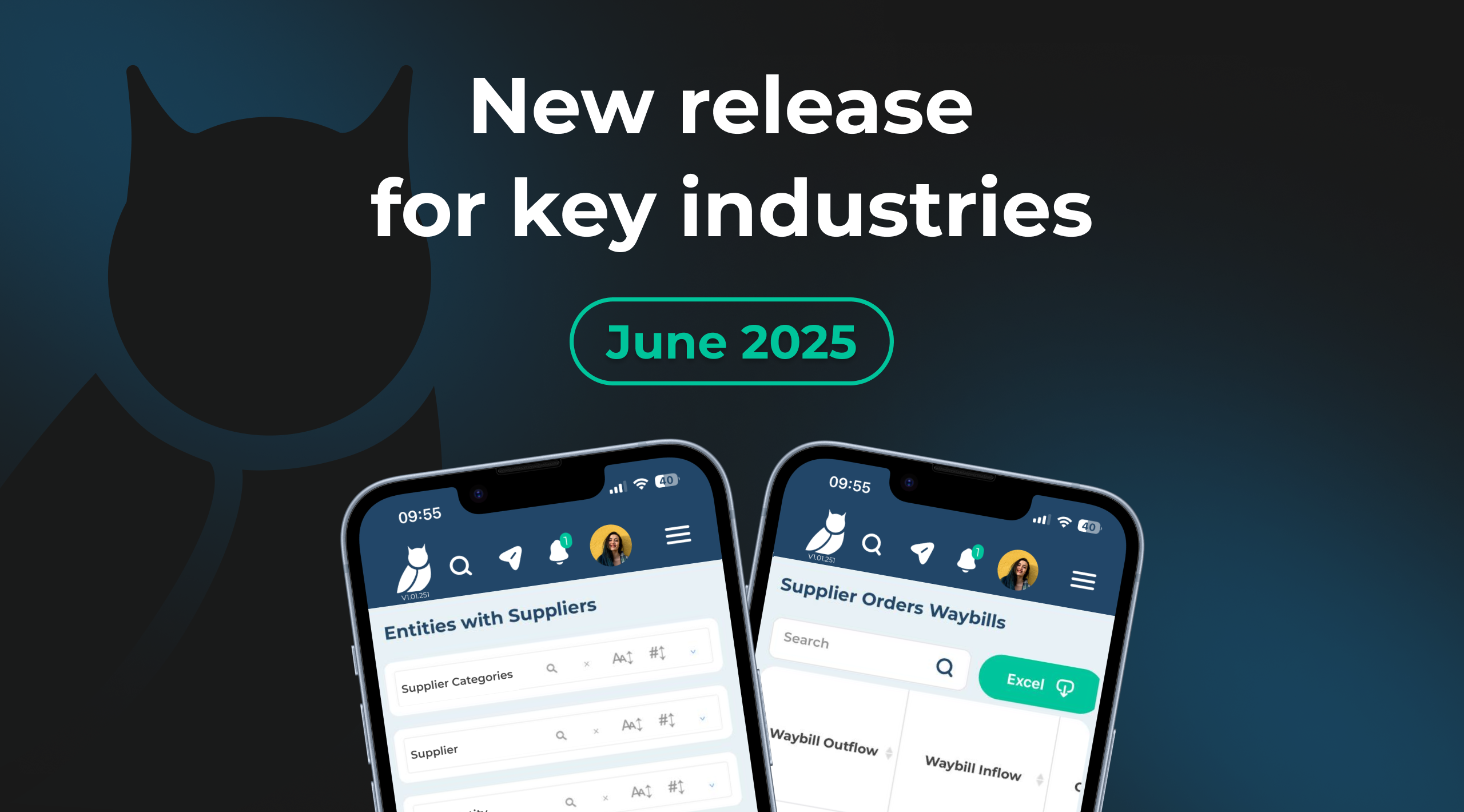
Learning to effectively manage change is what turns a promising new idea into a successful reality.
People often think they are afraid of change, but in reality, they are afraid of their ability to manage change. Skillful use of change management tools will help you overcome your fears, minimize resistance from the team, and achieve desired results when implementing new strategies, technologies, or initiatives.
In fact, any business has access to a change management tool that they may have overlooked: an ERP system.
Without a comprehensive system like ERP, navigating changes is nearly an impossible task.
If your company relies on various outdated software systems, you’ll lack a centralized internal communication system, and you’ll face data loss during change implementation. New business processes will become a challenge, and any changes you attempt to make will get stuck in an endless cycle of repetition.
On the other hand, ERP facilitates communication and collaboration, centralizing information and providing everyone with access to the same data, reducing misunderstandings, and improving teamwork. ERP provides organizations with tools for effective change planning, implementation, and monitoring, making the process more efficient and less disruptive to the overall workflow.
ERPs function not only as a centralized hub for communication and information but also as an effective business tool that can help you manage and implement changes. For example, ERP allows manufacturers to assess the impact of proposed changes on various aspects of their business, such as production schedules, inventory levels, and finances, helping them plan and reduce risks effectively.
Original Ukrainian text
Enhance your business management with UGLA ERP.


